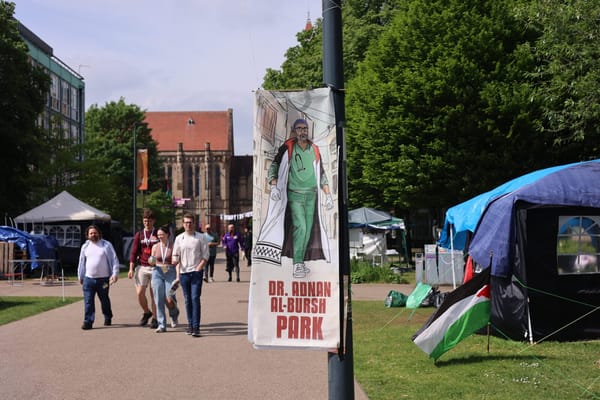Proposition W
The Bay Area’s “progressive” reputation was somewhat tarnished November 8 when voters in San Francisco and Berkeley overwhelmingly rejected pro-Palestinian initiatives on their respective ballots. San Francisco’s Proposition W, which called for the US to recognize a Palestinian state “side by side”









